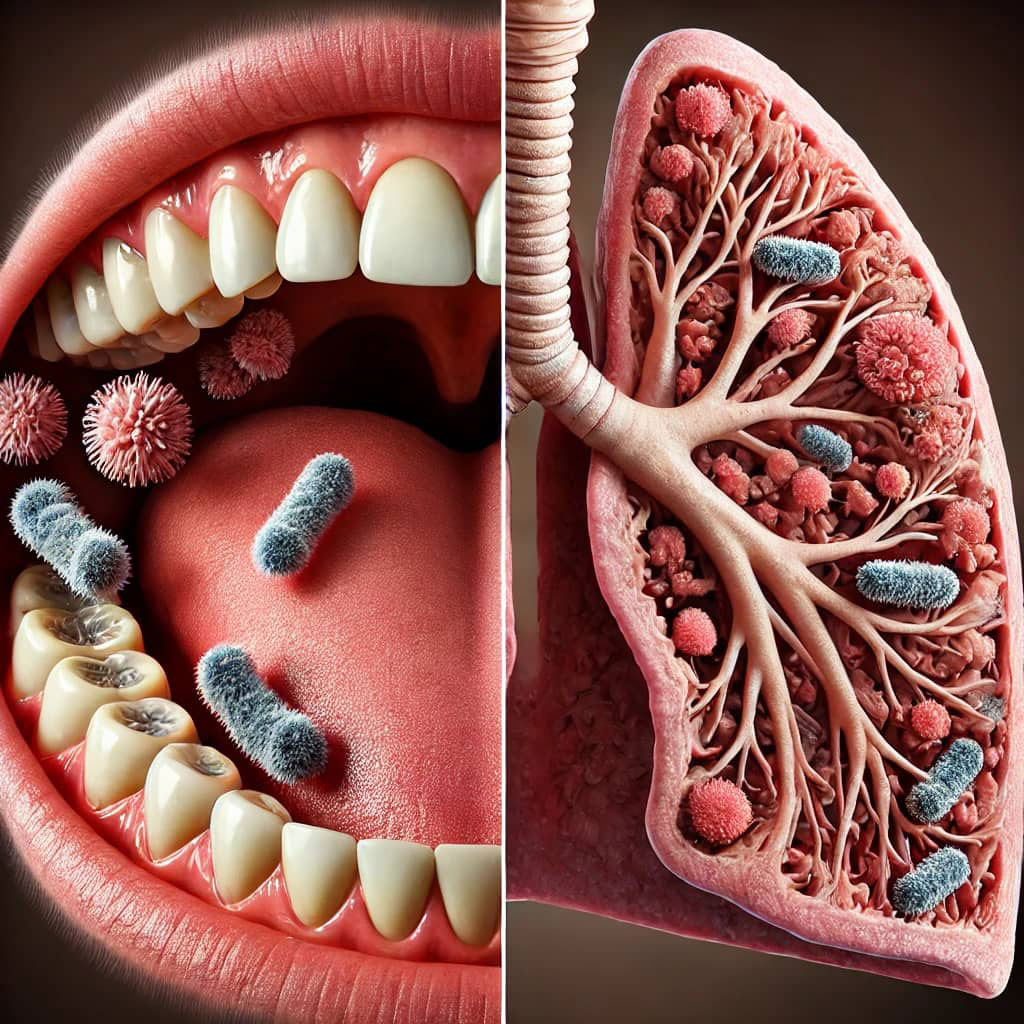
A recent study from the University of Michigan and the University of Virginia has found that bacteria in the mouth may influence survival rates in patients with idiopathic pulmonary fibrosis (IPF). The study, published in the American Journal of Respiratory and Critical Care Medicine, explored how the oral microbiome could impact lung disease progression.
Researchers analyzed samples from the CleanUP-IPF study, which examines the lung microbiome and its connection to IPF. The team, led by Dr. David O'Dwyer and his colleagues, used genetic techniques to study the bacterial DNA in cheek swabs. They discovered that Streptococcus mitis—a bacterium commonly found in the mouth—was more prevalent in certain IPF patients who had not been treated with antibiotics. These patients experienced better lung function and milder disease, leading to longer survival.
Interestingly, while a diverse microbiome in the lungs and gut is often associated with better health, the same does not hold true for the mouth. In fact, the presence of Streptococcus mitis in the oral microbiome seemed to act as a defense against harmful bacteria, particularly those causing periodontal disease.
However, the study found that this protective effect of Streptococcus mitis was not present in patients who had taken antibiotics. This raises questions about how antibiotics may alter the oral and lung microbiomes in IPF patients, potentially impacting disease outcomes.
Future research will focus on understanding the various bacterial populations in the oral and lung microbiomes of IPF patients, with the goal of uncovering new therapeutic strategies for managing the disease.
